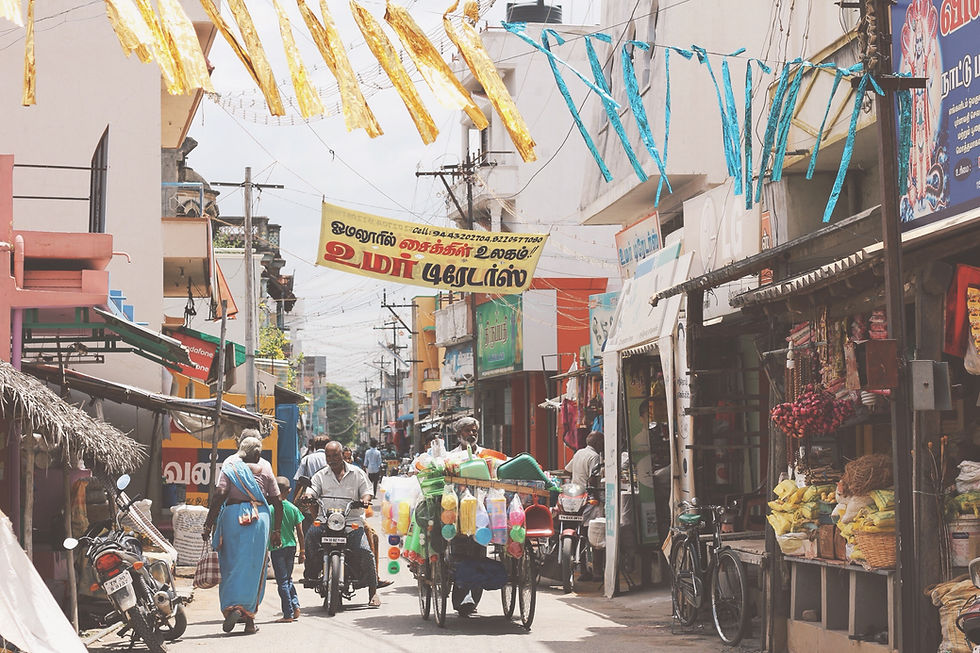Growing Agricultural Entrepreneurship in India
- Robert Kiley

- Jun 11, 2018
- 2 min read
Updated: Mar 16, 2022

It was hot. It always was. The air smelled of fire and new growth. It always did. The sky was hazy, magnifying the red sun as it followed course to the horizon, falling soon behind the Himalayan foothills in the distance. Another day had passed in rural Punjab. And like the last week, I spent it on a KVK. KVK is short for Krishi Vigyan Kendra - a transliteration of the Hindi “Farm Science Centre.” KVK’s are an outcropping of the Indian government. Literally. They are a combination of science lab and agricultural testing ground. Here, public scientists try new techniques - in crop cultivation, plant breeding and pedology - to help farmers grow more and better crops. There are 571 KVKs across the country. Far from an academic enclave, KVKs are set up to humbly serve the local farmer. Indeed, to quote a Punjab Agricultural University calendar which hung in the institute’s halls, “[the] farmer is the most important visitor on [the] premises. He is not an interruption [to the] work, he is the purpose of it.” I was the guest of the Langroya KVK director, Dr. B.S. Kang. Dr. Kang earned his Ph.D. in tomatoes and is a well-respected olericulturist who lead a team made up of a veterinarian, botanist, agronomist, horticulturist, plant pathologist, entomologist, and home scientist. These professionals travelled the countryside (me tagging along, usually in a government-owned SUV) to meet with resident food producers and homemakers. Together they discussed recent research and the lived experiences on nearby farms. The scientists held training sessions and conducted new experiments with the farmers to further their yields and the successes of the community. When the two realities came together they continued on with the practices that benefited the agricultural entrepreneurs. When they didn’t, they went back to the drawing board. It was a relationship of mutual respect and need. The calendar continues: “we are not doing a favour by serving [the farmer], he is doing a favour by giving us an opportunity to do so.” The spirit of this quotation was obvious in the kind, evidenced-based interactions I witnessed. It was embedded in the nature of the work. Again, literally. And, yes, the spirit there was as rich as the culture and soil which sustained it all.
Robert Kiley writes for small businesses and non-profits. Based out of Kingston, Ontario, he has a background in education and politics and is a world traveller with a penchant for Asia. He tweets at @robert_kiley. Read more about a Punjabi KVK here.




Comments